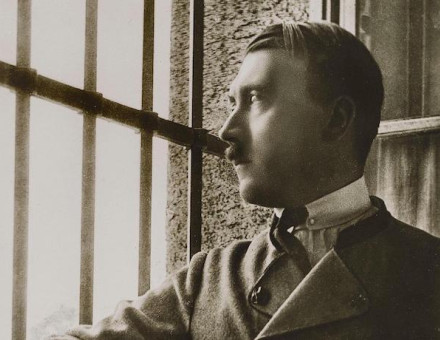Shaka and the Modern Zulu State
Dan Wylie looks at the myths and realities of nineteenth century Zulu nationhood and their resonance in the new South Africa today.
Two months before the historic election scheduled to bring majority rule to South Africa, the king of the Zulu people, Goodwill Zwelithini, began issuing tough demands for a constitutionally recognised sovereign Zulu state.
The demand was not wholly unexpected; the Zulu have a well-entrenched history of distinctive national pride. Mangosuthu Buthelezi, Zulu Chief Minister and head of the Inkatha Freedom Party, has long made political capital of this consciousness. King Zwelithini's demands, however, signalled a clear desire to distance Inkatha, and ironically highlighted fissures in the Zulu polity which both leaders would rather have ignored.
Some pre-election polls indicated that Inkatha would corner not much more than 6 per cent of the national vote, despite the numerical weight of 8.5 million Zulu-speakers, some 22 per cent of the whole. No one would deny that a powerful sense of Zulu nationhood exists, but these recent political wrestlings do raise renewed questions about how this nationhood has been constructed.





